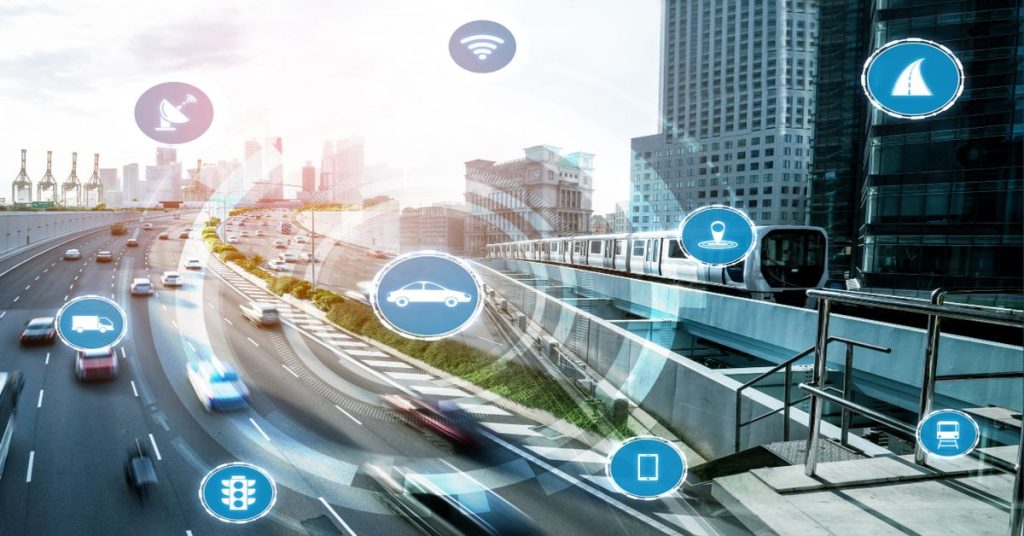Leveraging Fog Compute Ecosystems for Robust Connectivity in MaaS Technologies
Fog Computing for Secure MaaS Implementation Fog Computing: The pressure on transportation systems in urban and rural areas is rising as a result of rising consumer demand. Furthermore, governments and private sector transportation providers are facing new challenges as a result of population growth, rising urbanisation, and rising customer expectations with travel time and overcrowding …
Leveraging Fog Compute Ecosystems for Robust Connectivity in MaaS Technologies Read More »



